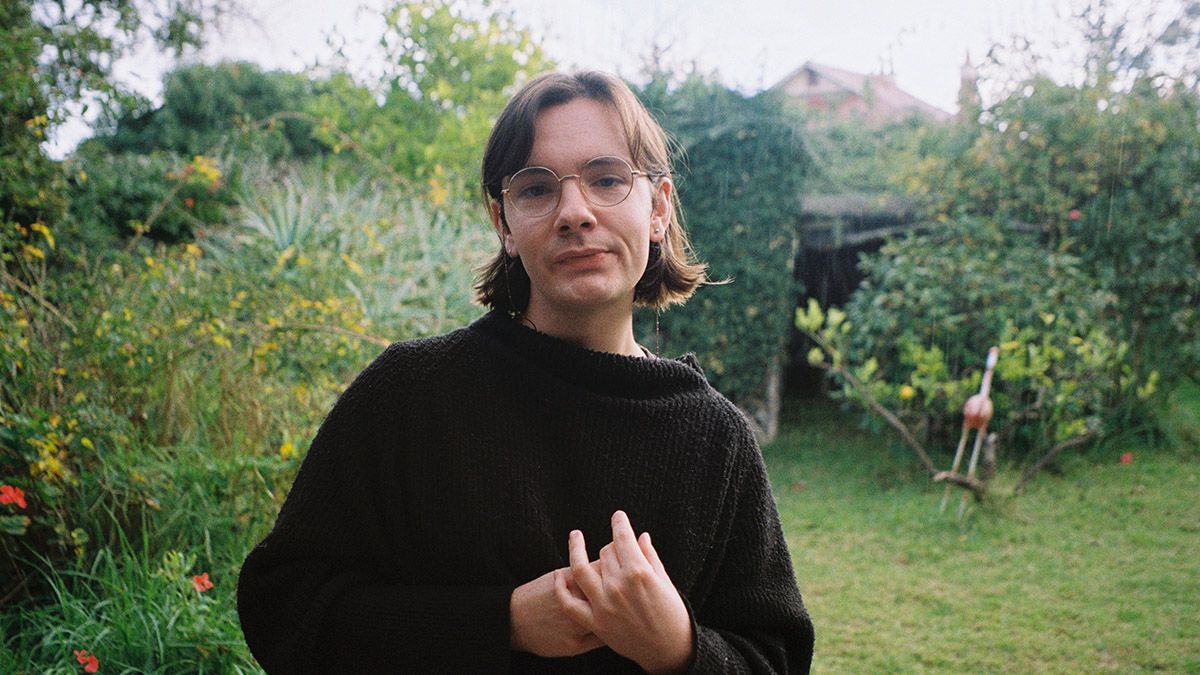
Dylan Rowen
Dylan Rowen is a researcher, writer, and photographer based in Naarm (Melbourne). They are a Screen and Cultural Studies PhD candidate at the University of Melbourne and a postgraduate research fellow with the Research Training Group "Minor Cosmopolitanisms" at the University of Potsdam, Germany. Their writing has appeared in Cordite Poetry Review, The Modernist Review, Hecate: An Interdisciplinary Journal of Women's Liberation, Writing from Below, and elsewhere.
Critics Campus 2024 questions
Instagram: @dylanrowen
Letterboxd: @dylanrowen
Website: www.dylanrowen.com
Location: Naarm (Melbourne)
Movie location I call home: The beaches of Agnès Varda
What was the film or experience that made you want to write about the screen?
I distinctly remember experiencing Toshio Matsumoto’s Funeral Parade of Roses (1969) for the first time and being completely rewired by this modernist trans revamp of Oedipus Rex. For me, this film broke down what cinema could mean and do. In that moment I knew I had to write about unruly, unrelenting, and uninhibited screen cultures.
Why do you think film criticism matters in 2024?
Cinema transforms. Film criticism can put into words the experience of having oneself transformed. Film criticism is an art form that pulls into focus a medium that influences and connects us all.
Who is a critic that inspires you?
Leah Jing McIntosh. She is so critically attuned to the feeling of the visual language of a film, and to the fabric of a text. She is, I think, one of the most important critics working in this country today.
In five words, the future of cinema is: Sensuous, experimental, undefinable, open, now.
What’s your favourite film that you’ve seen this year?
Just the other week I watched Jacques Rivette’s genre-exploding surrealist epic Céline and Julie Go Boating (1974) for the first time and I can safely say that this film is now one of my all-time favourites. I was completely struck by the particular feeling of childlike wonder and magic that Rivette evokes throughout. Nothing compares to the durational experience of sitting through 3+ hours of a 1970s French film about female companionship and the theatricality of filmmaking as a medium amenable to free-associative play.
My MIFF 2024 theme music is: Weyes Blood, ‘Movies’